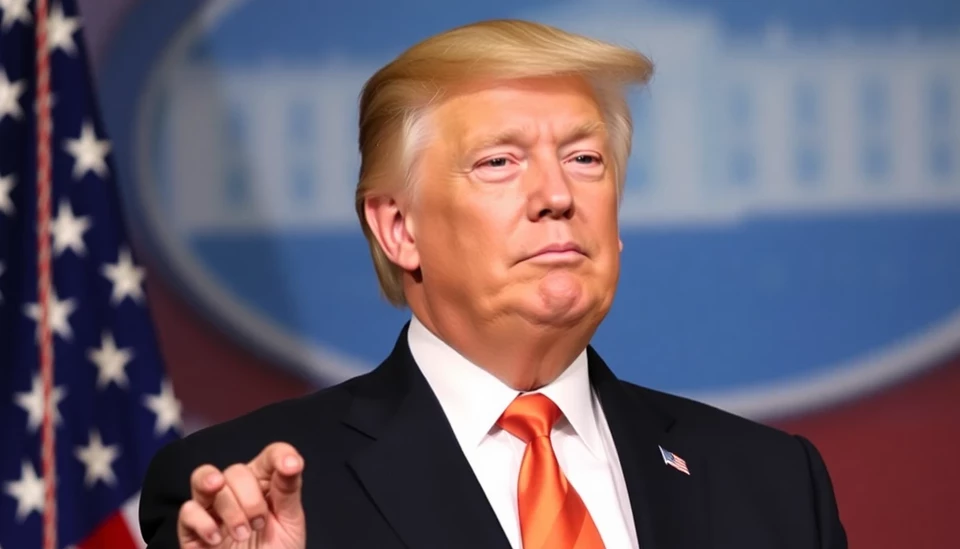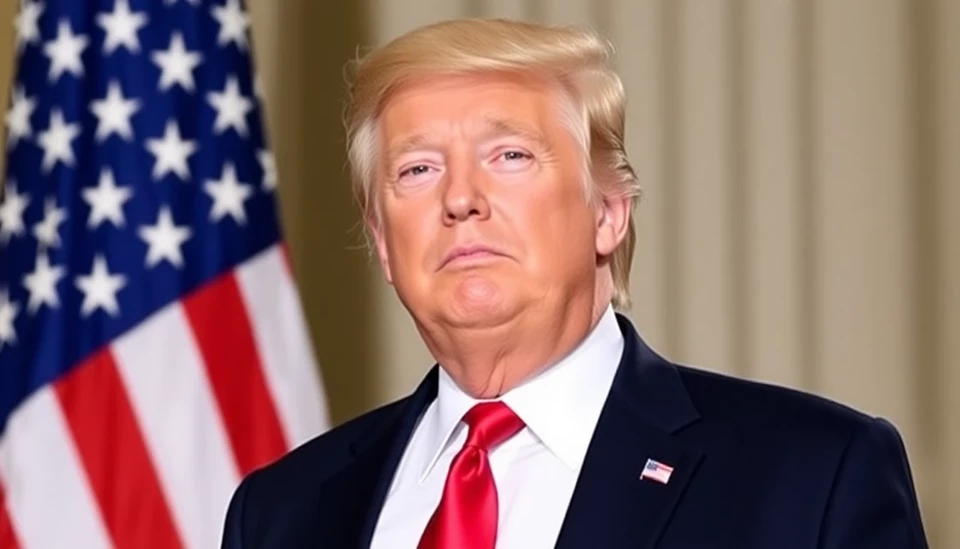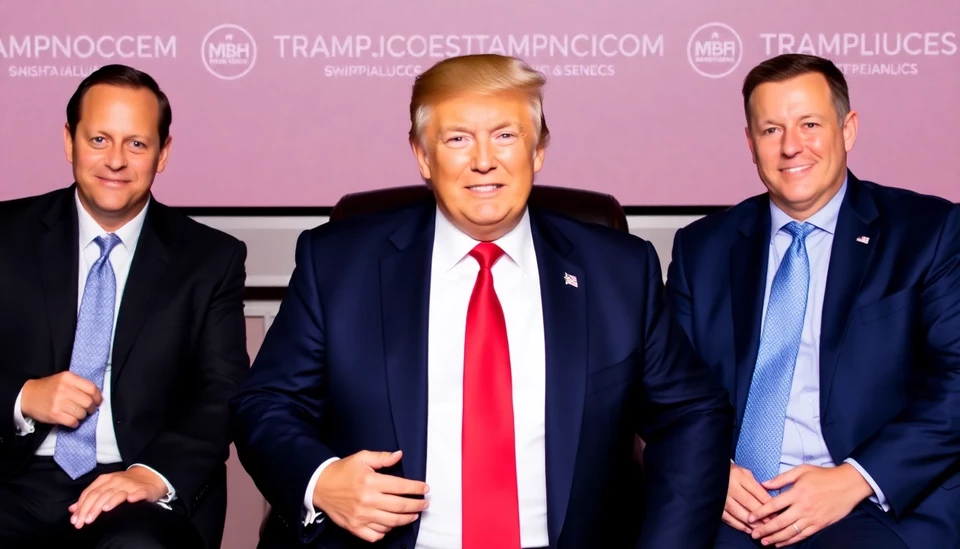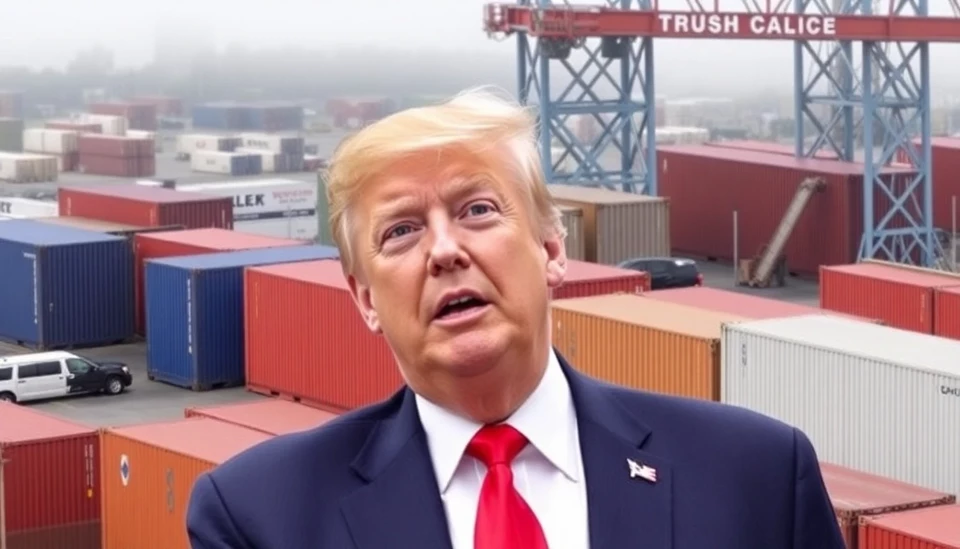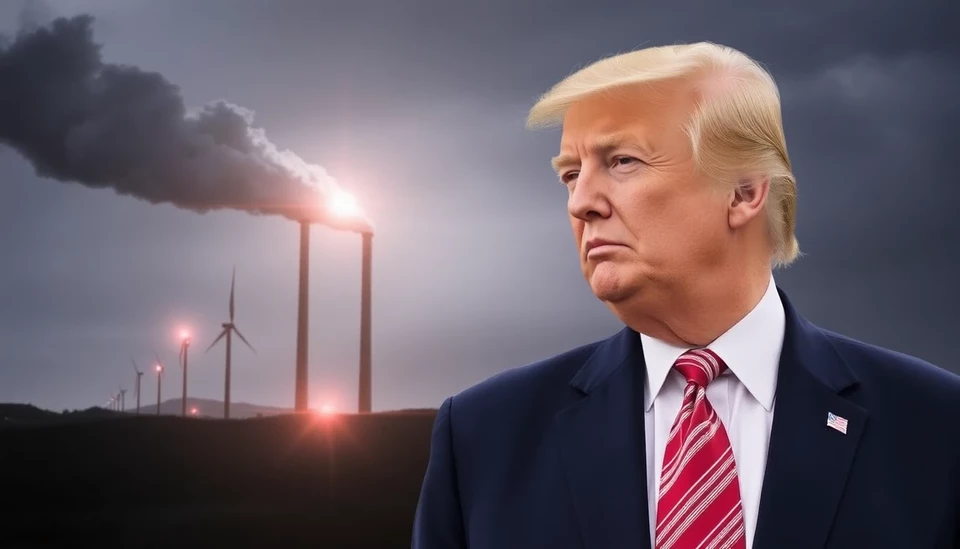
In a bold move that could reshape the landscape of energy policy in the United States, former President Donald Trump is preparing to declare a national energy emergency. This declaration aims to unlock new sources of energy and significantly alter federal regulations surrounding energy production and consumption.
The announcement is expected to come amidst a backdrop of increasing concerns over energy security, soaring energy prices, and the urgent need for a comprehensive strategy to tackle America's energy challenges. Trump's approach is being seen as a response to the growing frustration among consumers and businesses alike, grappling with the financial implications of high energy costs.
The implications of this declaration could be far-reaching. By classifying the situation as a national emergency, Trump would have the authority to expedite energy infrastructure projects, streamline permitting processes, and incentivize the production of traditional and renewable energy sources. This could potentially lead to a surge in domestic energy production, helping to reduce reliance on foreign oil and other energy imports.
Insiders suggest that Trump's planned declaration will include provisions aimed at enhancing traditional fossil fuel production, including oil, natural gas, and coal. Moreover, it may also include measures to boost the development of renewable energy technologies as part of a broader strategy to create a balanced and self-sufficient energy landscape.
Critics of this approach, however, are already voicing their concerns. Environmental advocates warn that an unbridled focus on fossil fuels could undermine existing efforts to combat climate change and transition to cleaner energy sources. They argue that investing heavily in traditional energy could lock in infrastructure and networks that hinder the growth of renewable energy technologies.
On the political spectrum, Trump's initiative is likely to rally his base, which has been vocal about prioritizing energy independence. This move is anticipated to be a key component of his campaign for the upcoming presidential election, aiming to position him as a champion for American energy interests amidst the current administration's policies that some feel have contributed to volatility in the energy market.
As the energy crisis continues to evolve, Trump's declaration could serve as a pivotal moment in shaping the national discourse around energy policy. Stakeholders across various sectors, including business leaders, lawmakers, and environmentalists, will be closely monitoring the developments that follow this announcement and their implications for the future of energy in the United States.
With the current volatility in global energy markets and the need for a cohesive response to these challenges, Trump's impending declaration will undoubtedly be a topic of intense debate and scrutiny in the months to come.
Stay tuned for updates on this developing story as we provide insights into how this declaration will impact the energy landscape and the broader implications for American consumers and industries.
#Trump #EnergyEmergency #EnergyPolicy #FossilFuels #RenewableEnergy #EnergyIndependence #ClimateChange #NationalSecurity
Author: John Harris
